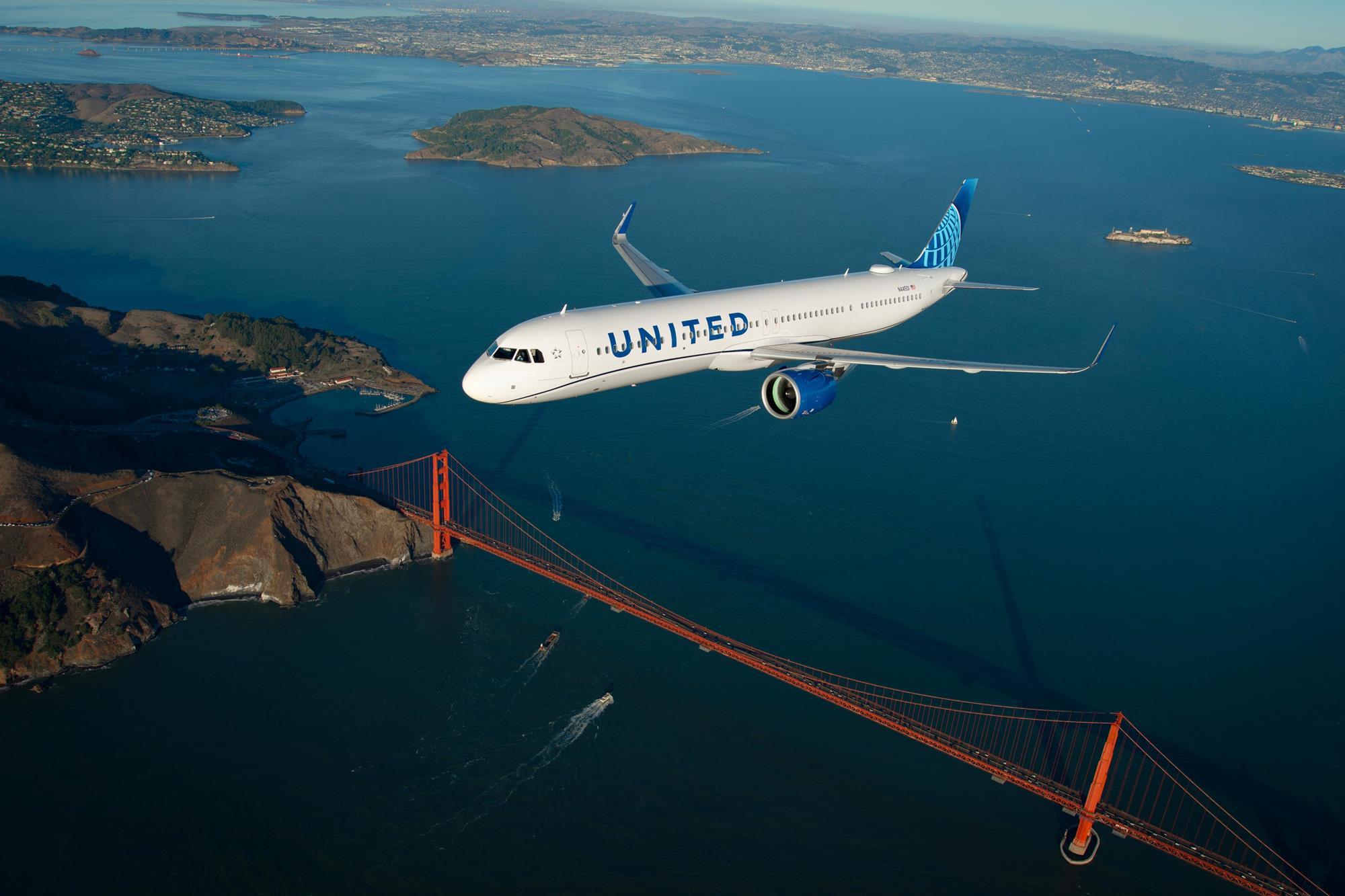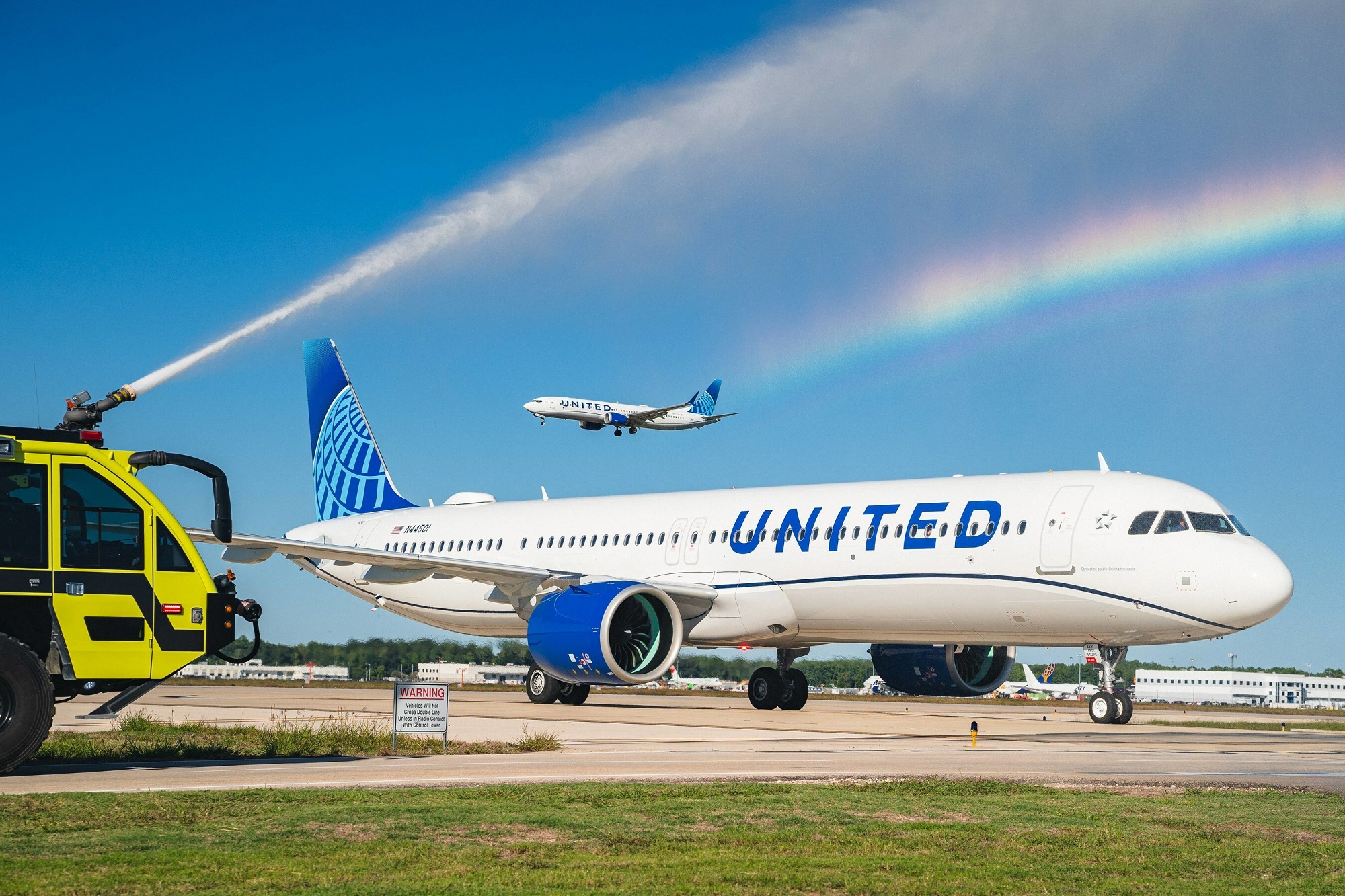United Leases 40 A321neos Amid Narrowbody Jet Shortage
In a strategic move to alleviate the ongoing narrowbody jet shortage, United Airlines has announced the lease of 40 Airbus A321neo aircraft. This decision comes at a crucial time when airlines worldwide are grappling with increased demand for air travel and a shortage of available aircraft. The leasing agreement highlights United’s proactive approach to maintaining its operational efficiency while addressing the current challenges in the aviation industry.
United Secures 40 A321neos to Tackle Jet Shortage

United Airlines is making a significant stride in bolstering its fleet by leasing 40 Airbus A321neo aircraft. This move is part of a broader strategy to ensure the airline can meet heightened demand and mitigate the effects of the narrowbody jet shortage that has disrupted the industry. The A321neo, known for its fuel efficiency and extended range capabilities, is a fitting addition to United’s fleet, offering a balance of performance and economic benefits.
The decision to lease these aircraft rather than purchase them outright is reflective of United’s agile approach to fleet management. Leasing allows the airline to quickly incorporate the necessary capacity without the long lead times typically associated with new aircraft manufacturing. Additionally, this approach provides United with the flexibility to adapt to changing market conditions and passenger demand patterns without committing to long-term investments.
United’s partnership with lessors to secure these 40 A321neos underscores the airline’s commitment to maintaining its competitive edge. The A321neo is particularly advantageous for United’s operations, offering a modernized cabin experience while supporting the airline’s sustainability goals through reduced carbon emissions compared to older models. By aligning its fleet strategy with industry trends, United positions itself to effectively navigate the challenges posed by the current narrowbody jet shortage.
Airline Addresses Narrowbody Jet Demand Challenges

The global aviation industry has been facing a persistent narrowbody jet shortage, exacerbated by supply chain disruptions and production delays. For airlines like United, which rely heavily on these aircraft for domestic and short-haul international routes, the shortage poses a significant operational challenge. With the leased A321neos, United aims to bridge the gap between demand and supply, ensuring that its flight schedules remain robust and reliable.
United’s proactive approach in addressing the narrowbody jet demand challenges is indicative of the airline’s strategic foresight. By anticipating market needs and securing additional fleet capacity through leasing, the airline not only safeguards its operational resilience but also enhances its service offerings. The A321neo’s advanced technology and efficiency align with United’s broader goals of improving customer experience and minimizing environmental impact.
The move to lease additional aircraft comes as United and other carriers see a resurgence in passenger numbers following the downturn caused by the COVID-19 pandemic. By expanding its fleet with the A321neo, United is better equipped to accommodate increasing passenger volumes and capitalize on the growing travel demand. This strategic fleet expansion reinforces United’s commitment to staying ahead of industry trends and meeting customer expectations.
United Airlines’ decision to lease 40 A321neo aircraft is a testament to its strategic agility and forward-thinking approach in addressing the narrowbody jet shortage. As the aviation industry continues to recover and evolve, United’s proactive measures ensure it remains well-positioned to meet passenger demand and maintain its competitive standing. This strategic move not only enhances United’s operational capabilities but also aligns with its commitment to sustainability and customer satisfaction in a rapidly changing industry landscape.



